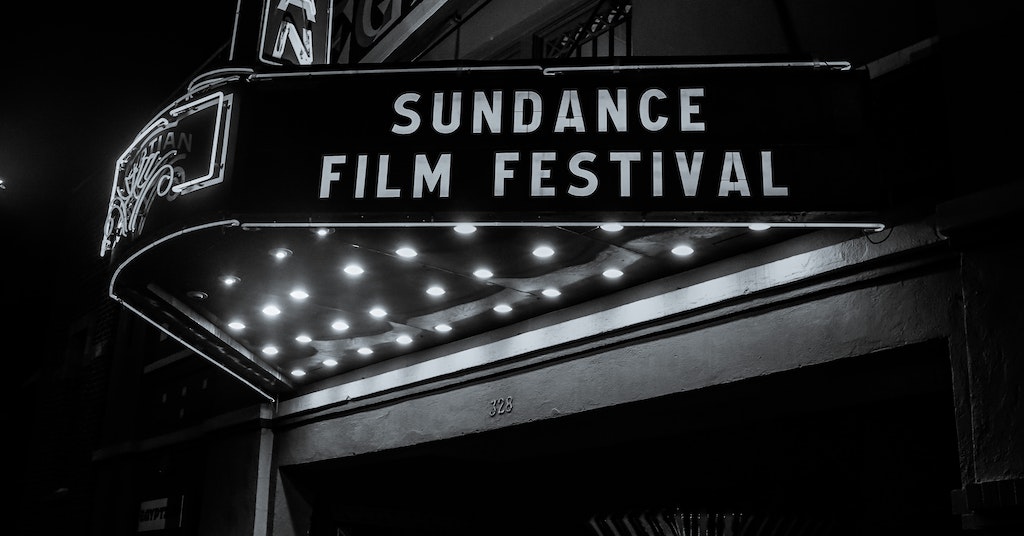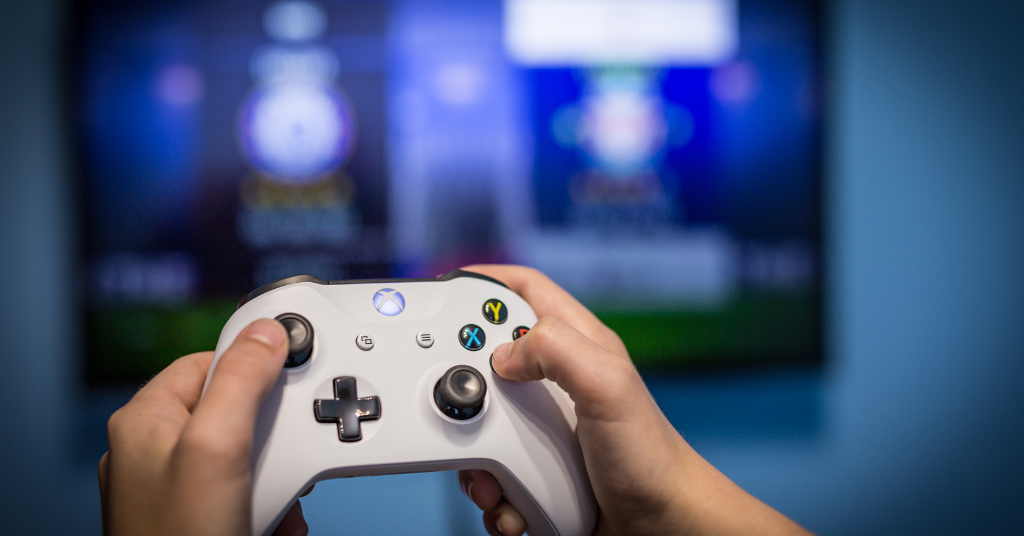
Interview with Abigail Heringer from ‘The Bachelor’
March 8, 2021
The importance of captions and how they can improve
March 12, 2021‘ASL Bae’: Get to know Black ASL interpreter Billy Sanders

Dee Dwyer/DCist/WAMU
Billy Sanders, a Black sign language interpreter, went viral after working for D.C. mayor, Muriel Bowser, during the January riots at the U.S. Capital. As a result, he has a new moniker: “ASL Bae.” He also has a mission to increase diversity in interpreting.
Going Viral
When Black sign language interpreter Billy Sanders interpreted for Mayor Bowser, he got a lot of attention on social media from people attracted to his style and flair while interpreting.
For some, Sanders was the first time they had seen a Black man interpreting American Sign Language (ASL). He even got a shout out from Halle Berry, which he told Channel 4 Washington he found out about from his brother because he’s not on social media.
I can’t with y’all. 🤣🤣🤣 pic.twitter.com/P3RDbyEeuw
— Halle Berry (@halleberry) January 8, 2021
Lack of Representation an Obstacle
Sanders’ mother, who is deaf, told the news station that she hoped he would become an interpreter. He was resistant though, she said, and it took a long time before he considered it seriously as a profession.
“You wonder why many people who come from my background don’t think about interpreting at all,” Sanders told Channel 4 Washington. “Because they don’t see it as a viable profession or even exposed to the likes of me. And I wasn’t exposed to the likes of me when I was young. All I’d seen were a bunch of white women interpreting.”
Before Going Viral
Ironically, the first major event Sanders interpreted for in early 2000, was a failure, he says. It was a rally with major civil rights leaders on the stage, and he didn’t know one of the signs and froze. The more seasoned interpreter tapped Sanders on the shoulders and told him to leave the stage, he told NPR.
“Thankfully, YouTube was not a thing back then,” Sanders said. “I would have been the YouTube sensation for being the ‘incorrect interpreter.'”
This incident caused Sanders to take interpreting more seriously, he said. He earned his certification in 2010. A year later, he created his own interpreting company. He has been an interpreter at various protests, rallies, and governmental meetings. He does work primarily in hospitals, where he told NBC that he loves “filling an urgent need to connect deaf people with the care they need.”
In 1977, Dr. Shirley Childress became the first known African American to get a national certification. Although this was a milestone, the number of Black people certified continues to be small.
According to a 2018-2019 annual report by the Registry of Interpreters for the Deaf, Inc. (RID), only 1,195 BIPOC (Black, Indigenous, or People of Color) are members. Out of that number, 449 were African American or Black, and only 57 of them were Black male interpreters. That means about 5.4 percent of interpreters are Black. Less than 1 percent are Black male interpreters.
“… about 5.4 percent of interpreters are Black”
For Sanders, that is a problem. He wants more Black people, especially Black men, to become interpreters.
More Diversity in Interpreting Needed
Sanders isn’t alone in wanting more representation. All across the US, people are calling for more diversity in interpreting. Our race, culture, and gender. often impact the way we use language. This can cause miscommunications. It can also add unnecessary barriers and frustrations to certain situations. For example, most white Deaf ASL users will have a white interpreter for most of their life. However, most Black Deaf ASL users will not have a Black interpreter. The same goes for other people of color as well.
Read more: A brief history of Black Deaf people in America
In a video for the National Multicultural Interpreter Project, the late Marin Hiraga, an Asian American, Deaf, LGBTQ activist said, “At the end of August, we have a dance for the dead. Of course, I would prefer to bring in an Asian interpreter [for that event]. The reason is they would have the cultural background and wouldn’t need to be briefed on all the various aspects and terminology. They would already have that knowledge base.”
As talks on racial inequality in the U.S. continue to gain traction, more is being done about uplifting interpreters from minority backgrounds. More and more Deaf Black and Brown individuals are requesting BIPOC interpreters, especially for protests or rallies where there is a need for cultural sensitivity.
Kudos to Sanders for using his platform as a Black ASL interpreter for good.
“I hope people don’t #ASLBAE,” he told NBC. “I want people to really push the agenda forward for Deaf equal rights.”
- National Alliance of Black Interpreters (NAOBI)
- National Alliance of Black Interpreters (NAOBI)
- World Association of Sign Language Interpreters (WASLI)



